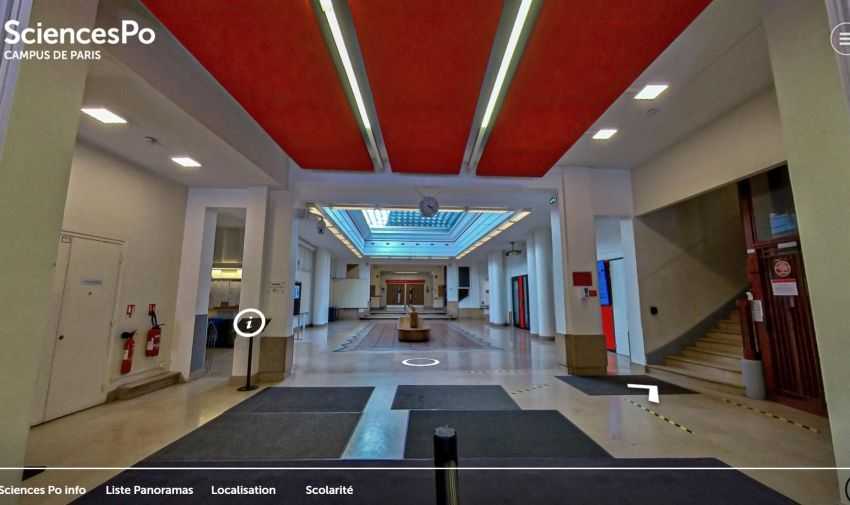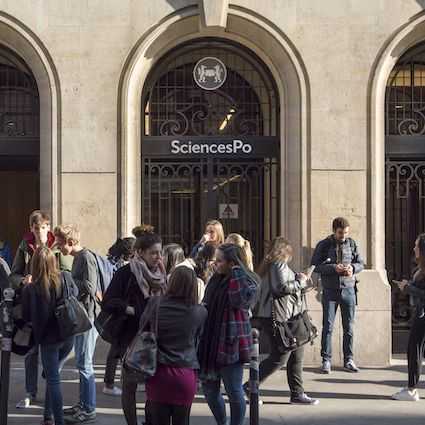
Home>Academics>Disciplines>Law
Law
Law at the heart of the Undergraduate College curriculum
The Bachelor's degree at Sciences Po offers a top-tier academic education in law. It provides students with a deep understanding of the fundamental principles of the French, European and international legal systems, and enables them to grasp the role played by law in social and political life.
The first-year course on political institutions
As a core discipline of the Bachelor's programme, the law curriculum at Sciences Po covers a wide range of topics and places particular emphasis on the study of political institutions and constitutional law.
The fundamental course on political institutions, taught in the first year, explores how political and legislative powers are structured, from both a historical and international perspective. It provides students with methodological and analytical tools to sharpen their critical thinking and argumentation skills.
At the regional campuses, part of the lecture is devoted to studying the political institutions specific to the region.
Deepening your understanding of law through the second-year major
In the second year, students may choose the major in Law. Like all majors, it consists of two lecture courses (one of which is associated with methodology classes), which aim to deepen students’ understanding of law.
These two courses are reinforced by a range of seminars and methodology workshops that introduce students to various fields of law, such as public and administrative law or business and contract law, and allow them to tailor their studies.
Students are thus trained in the principles of French and international law, as well as in contemporary legal theories, enabling them to critically analyse complex legal issues.
Here are some examples of topics that may be covered in seminars or methodological workshops:
- International security law;
- Contemporary issues in corporate law and governance;
- International criminal law;
- Comparative judicial politics;
- International financial regulation;
- Introduction to French law;
- European law;
- Public and private international law: Introduction to international arbitration;
- Philosophy of human rights;
- Global governance and the rule of law;
- Privacy in the digital age: Perspectives from European law;
- Global environmental governance: A legal approach;
- Violence, force and international law;
- Administrative law;
- Comparative contract law;
- The role of judges in France;
- etc.
Further studies: Master's degrees in law at Sciences Po
After completing their Bachelor's degree, students can choose to continue their studies at one of Sciences Po's eight graduate schools, depending on their interests and career aspirations. The law courses followed during the undergraduate programme provide a solid foundation for exploring different approaches to legal frameworks, both national and international.
Students interested in specialising in law often enrol in the Law School, which offers programmes in economic law, litigation, and legal and judicial governance. Law also plays an important role in other Master's programmes, particularly at the School of Public Affairs, the Urban School and the School of International Affairs, where it contributes to the analysis of public policy, market regulation and international relations.
These different perspectives allow students to deepen their understanding of law and its role in regulating contemporary societies.
Please note: no specific undergraduate major is required to enrol in the Law School's master's programmes.
Find out more about Sciences Po’s master’s programmes related to law (FR).



